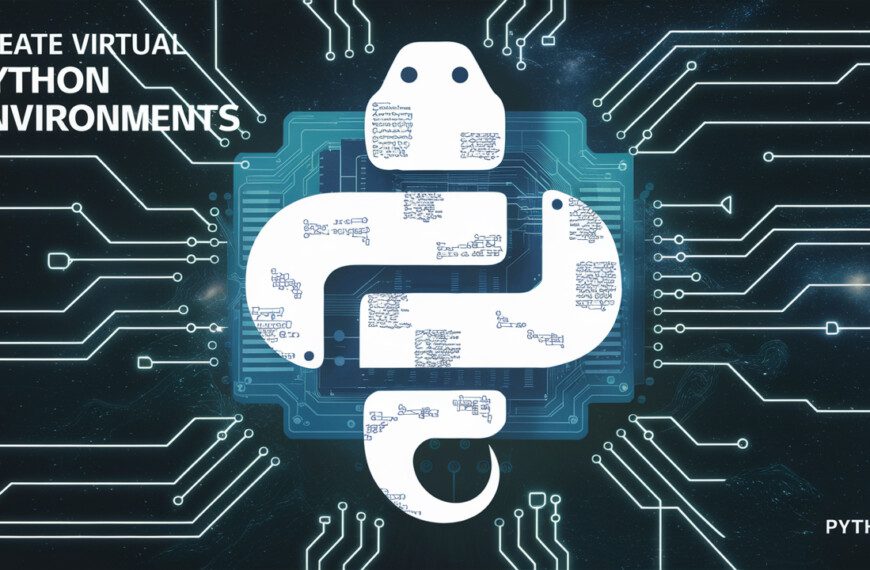Setting the Stage: The Byzantine Generals
In the mystical land of Byzantium, a city stood tall and proud, surrounded by mighty generals and their armies. These generals were entrusted with a crucial task: to decide whether they should launch an attack on a neighboring city or strategically retreat. Victory hinged on their unity, but they faced a daunting challenge – the presence of traitorous generals among them.
Challenges for Byzantine Generals
You see, some generals had ambitions of their own, and they were not to be trusted. They were like shadows lurking in the darkness, ready to sow discord and confusion. To make matters worse, the messengers who carried their messages to and fro were an unpredictable lot, prone to forgetting, misinterpreting, or even tampering with the generals’ orders.
As tension mounted, the loyal generals knew they had to find a way to reach a unanimous decision. But how could they do it? They couldn’t trust all their comrades, nor could they rely on the messengers.
The Byzantine Generals’ Dilemma: An Epic Struggle
So began the epic struggle of the Byzantine Generals’ Problem, a tale of cunning, strategy, and unwavering determination. The loyal generals knew they had to outsmart the traitors and devise a way to communicate their intentions without falling victim to the chaos caused by deceitful messages.
With their intellect and resilience, they crafted a plan. They would send messages to each other, revealing their choices – attack or retreat. And they would do it repeatedly, sending their decisions to one another and evaluating the majority decision. But there was a twist. They wouldn’t simply trust the first message they received. Instead, they would rely on the majority consensus among the messages.
As the messengers raced back and forth, carrying messages that sometimes contradicted each other, the loyal generals held their ground. They counted the votes, so to speak, and found that by doing so repeatedly, they could identify the true consensus, even if some messages were false or misleading.
Deciphering the Majority Consensus: The Loyal Generals’ Plan
With patience and diligence, the loyal generals succeeded. They achieved consensus among themselves, regardless of the tricks played by the traitorous generals and the unreliable messengers. And when they finally made their collective decision, they did so with unwavering unity, ensuring that the city’s fate was sealed.
Triumph that Transcended Time: In Age of Digital Trust
In today’s interconnected digital world, where we are moving towards decentralization, trust is not bestowed upon a central authority, the challenges of Byzantine failures and unreliable communication channels persist. In blockchain technology, nodes or computers participate in a distributed network to validate transactions and maintain the integrity of a ledger. Just like those Byzantine generals, these nodes must reach a consensus on the validity of transactions.
Blockchain and Decentralized Trust
The Modern Parallels
The Byzantine Generals’ Problem, though rooted in ancient history, bears striking parallels to the challenges faced in the digital age, particularly within the realm of blockchain technology. In Byzantium, generals grappled with the problem of reaching consensus amidst unreliable actors and channels. In the digital realm, blockchain pioneers face analogous obstacles.
Blockchain’s Consensus Challenge
Blockchain technology, the foundation of cryptocurrencies like Bitcoin and Ethereum, hinges on consensus among a distributed network of nodes. Just as the Byzantine generals needed to agree on a course of action, blockchain nodes must concur on the validity of transactions. However, in a decentralized network, some nodes may be malicious actors or may experience faults, akin to the traitorous generals of old. Achieving consensus under these conditions is the modern-day incarnation of the Byzantine Generals’ Problem.
Byzantine Fault Tolerant (BFT) Algorithms
Drawing inspiration from the strategies employed by the loyal generals in Byzantium, modern blockchain networks have developed Byzantine Fault Tolerant (BFT) consensus algorithms. These algorithms enable nodes to reach agreement, even in the presence of malicious actors and unreliable communication channels. By replicating messages and relying on a majority consensus, much like the Byzantine generals counted votes, BFT algorithms enhance the security and trustworthiness of blockchain networks.
Embracing the Legacy
Drawing Inspiration from the Past
The timeless story of the Byzantine Generals’ Problem serves as a powerful source of inspiration for technologists and innovators today. It teaches us that even in the most challenging circumstances, consensus and trust can be forged through clever strategies and unwavering determination. By looking to the past, we can derive valuable insights to address the complex trust issues of our digital world.
Forging Trust in a Digital Future
As we continue to navigate the complexities of a digital age, the legacy of the Byzantine Generals’ Problem reminds us of the importance of trust, consensus, and resilience in our technological endeavors. Blockchain, with its decentralized nature and BFT algorithms, exemplifies how we are applying ancient wisdom to create systems that can be trusted in a world where centralized authority is increasingly questioned.
Conclusion: The Timeless Relevance of the Byzantine Generals’ Problem
The Byzantine Generals’ Problem, born from the annals of history, endures as a symbol of the challenges of trust and consensus in a rapidly evolving technological landscape. Whether in ancient Byzantium or the modern blockchain era, the essence of the problem remains the same: the need for reliable agreement in the face of unreliable actors and communication.
As we embrace the legacy of the Byzantine Generals’ Problem, we find that its lessons are as relevant today as they were in ancient times. The pursuit of trust and consensus, the determination to overcome adversity, and the use of clever strategies to achieve unity—all are principles that guide us in the age of decentralized trust and digital innovation.
In a world where the very nature of trust is evolving, the Byzantine Generals’ Problem reminds us that the quest for consensus and security is timeless. By drawing inspiration from the past, we forge a path toward a digital future where trust is decentralized, resilient, and unwavering—a future where we, like the loyal generals of Byzantium, triumph over the challenges that lie ahead.










